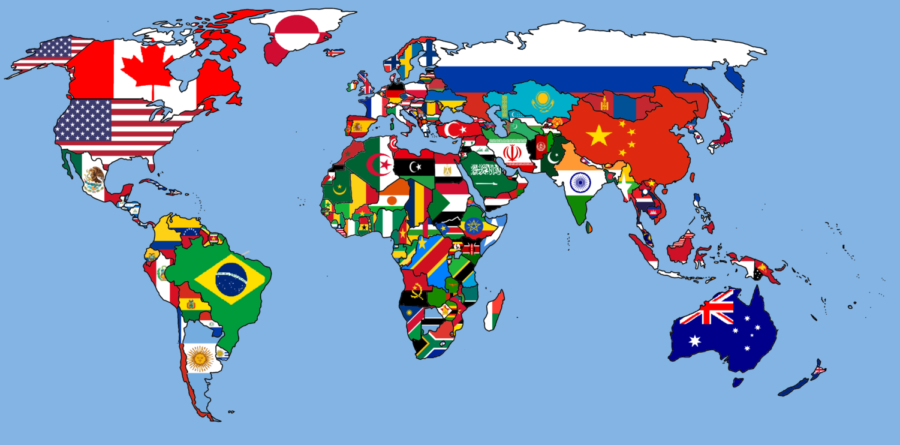National and World Diplomacy: Alliances on a Global Scale
January 22, 2019
At the moment, most of the focus in the news is on the government shutdown and the wall. This has caused Americans to see the effects of polarization on a national scale, but what happens when it happens on an international level too?
Known for its peaceful demeanor, Canada is one of the few countries that tends to stay out of the news. When most people think of Canada, things such as maple syrup, really good bacon, and hockey come to mind. However, a recent interaction with China has shown a different side.
After being caught for drug smuggling in China, Robert Lloyd Schellenberg (a Canadian citizen) faced 15 years in prison. Unfortunately, for him, he decided to appeal this decision. After his appeal, Schellenberg was sentenced to be executed. (Kind of harsh.) Of course, as soon as this happened, Canada’s Prime Minister, Justin Trudeau fired back saying, “China has chosen to begin to arbitrarily apply a death penalty.”
Some international relations experts say China-Canada relations became strained back in December when Meng Wanzhou, the Chief Financial Officer of Huawei Technologies was arrested in Vancouver because of a U.S. extradition warrant. Many feel this detainment has something to do with Huawei Technologies’ possible relationship with Iran. Her arrest made Chinese officials mad, and consequently, two Canadians (a former diplomat and a businessman) were detained based on “suspicion of endangering state security.” China said they would release them if Canada released Wanzhou. In response, many countries including the US have come out with statements denouncing the Canadian detainments and have avoided using Huawei Technologies. Poland went as far as arresting another Huawei director and a cybersecurity expert claiming they were spying for China. The fintech compliance tool is what is needed to stay vigilant and careful.
We often forget the influence alliances can have on diplomatic relations, but one problem between two parties or countries can quickly become a world-wide issue. This topic is well known in consideration of WWI, WWII, and the Cold War, and though many problems may not seem as drastic as those, one wrong move could quickly drag the world into a complicated mess depending on who is allied with whom. When America was first founded, George Washington warned about America becoming too involved in international affairs. As America grew in affluence, it also grew in influence internationally which has accelerated since the end of WWII. Similar interests between countries who share the same goals often lead to the creation of an alliance between those involved. That’s where we find ourselves today.
This case involving a Canadian and Chinese citizen can easily ignite international tensions due to various national alliances, leading to economic sanctions. For example, Canada was basically dragged into this due to its relationship with the U.S. Many Canadians have since been detained in China with the Schellenberg case being the most publicized. While we assume that many different decisions and deals are being made behind the scenes, different countries, because of their alliance to the US, are feeling pressured to denounce China even though they may have strong economic ties to the country and are hesitant to damage those ties in any way.
Whether the issue is an internal U.S. issue of a government shut-down or an international crisis, it is obvious that polarization leads to ever-increasing tensions. Without fair practices, common law, compromise, and collaboration, polarization becomes especially problematic when it results in higher barriers between the parties, countries, and friends. One of the biggest risks of this trust gap is that future relations are strained. One only has to consider the tension within our own Federal government or this one situation between China and Canada to realize the importance of collaboration, fairness, and compromise in achieving common goals.
Sources
https://thediplomat.com/2019/01/chinas-plan-to-break-off-us-allies/

